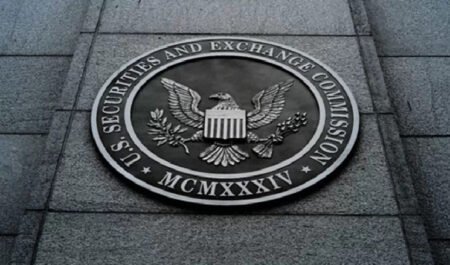Crypto users need to be aware of a scam known as “address poisoning” that targets them for their assets. Scammers use this tactic to trick users into sending them funds by disguising a small amount of crypto or an NFT as a voucher and getting users to copy the scammer’s wallet address from their transaction history. Ledger recently revealed this scam and warned users to be cautious of such tactics.
This scam works by creating fake addresses that closely resemble legitimate Ledger addresses. By using open-source software, scammers can generate addresses with similar first and last characters to deceive users. The goal is to make users believe that they have sent funds to these addresses in the past, prompting them to return the so-called voucher. However, unless users initiate a transaction to these addresses themselves, no actual funds will be transferred from their account.
Users of Ledger Live, a popular crypto wallet management tool, have been particularly targeted by this scam. To avoid falling victim to address poisoning, it’s crucial to ignore suspicious transactions and addresses. If there are any concerns about the security of a wallet or a transaction, it’s best to disregard the transaction and not interact with any unfamiliar tokens or NFTs that have been received.
One way to protect oneself from this scam is to right-click on the suspicious token or NFT and select ‘Hide Token/NFT Collection.’ This action will hide the suspicious asset from view, preventing accidental clicks or interactions. Additionally, it’s important to note that clicking on a malicious NFT or following a link in a scam message is not enough to compromise a wallet. The most significant risks involve sharing a recovery phrase or signing a malicious transaction with a Ledger device.
In general, users should exercise caution when dealing with unknown tokens or addresses and avoid engaging with any unwanted assets. Ledger advised users to be wary of malicious links that may lead to scam websites seeking to gather sensitive information or authorize harmful transactions. By staying vigilant and taking appropriate precautions, users can protect themselves from falling victim to address poisoning and other crypto scams in the future.



















